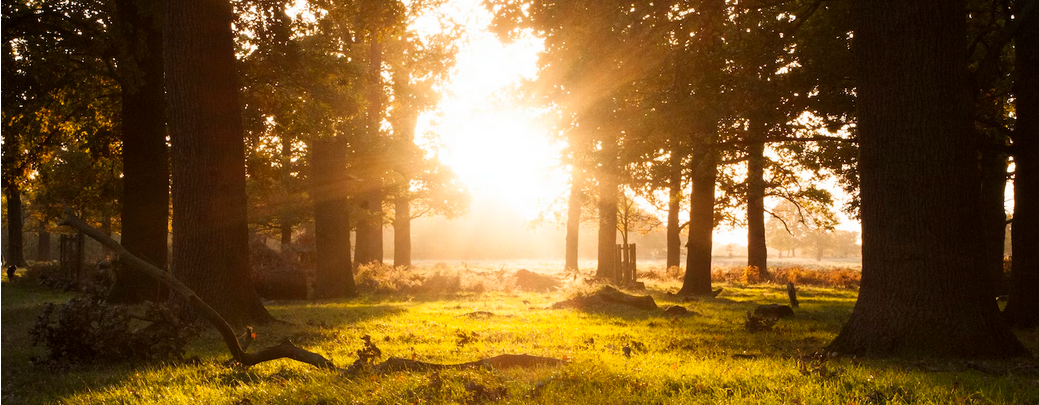What is happening to our countryside? Peter Gibbs
by TBG

"Importing the management-speak language of ‘delivery’ and ‘diversity’ into a world that thrives, not on theory, but on practicality and tradition."
Peter Gibbs reports upon some disturbing trends across rural Britain.
During the years of the Blair Government, it seemed to people in the countryside that a cultural war was being waged against them by a political class of uncaring townies. Intent upon banning age-old rural pursuits, such as hunting (with the likelihood that fly-fishing might be the next target); and showing no concern whatsoever for the economic pressures facing our farmers and rural communities, rural Britain fought back in typically peaceful, good-humoured, but determined fashion. Farmers, farriers, anglers, landowners, butchers, craftsmen, ordinary people struggling to make a living, all united for two great Countryside marches ~ the Liberty and Livelihood march through London, and the March on the Mound in Edinburgh, both memorable demonstrations of heartfelt feelings.
Some of the placards paraded on those days of protest spoke volumes about what was at stake and of the gulf between the Government and the governed. Mindful of New Labour’s penchant for summer holidays in Tuscany, the slogan: ‘Forget Umbria, what about Cumbria?’ caught the mood of a countryside suffering from the indifference of a metropolitan political class. Sadly, the metropolitan squeeze around the throat of rural people continues today…
On Sunday 27th August, the BBC’s Countryfile programme reported from (what we all knew as) The Brecon Beacons National Park ~ now suddenly ‘rebranded’ by a Chief Executive and her (no doubt) massively-remunerated ‘support team’, as Bannau Brycheiniog; the South Wales region of wild, high ridges dotted throughout its foothills with dozens of traditional farms, a landscape much-loved and visited by people from all over the world.
Now, before we are accused of opposing the substitution of a Welsh name for the Anglicised ‘Brecon’, it is worth noting that opposition to this scheme has come from many Welshmen and women, the charge led by none other than BBC Radio 4’s John Humphrys ~ a Welsh patriot of considerable standing; and someone with more of a personal stake in the land than the Brecon Beacons’ English Chief Executive. But the name-change is the tip of the iceberg: the earnest Chief Exec clearly on a mission to change the very culture of the land; elbowing out over time, the sheep and dairy farmers (curiously portrayed by BBC Countryfile as almost outdated) and replacing them by a brave, new world of vegan allotment-holders and organic carrot-growers. No doubt this policy will go down very well in the vegetarian cafes which appear to have sprung up in Brecon in recent years (again, staffed by what appear to be transplanted Islingtonians), but to the farmers who form the backbone of the Welsh agricultural economy, it is very bad news. It as if the superb, organically-grazed lamb and meat ~ and fresh milk and dairy products for which Wales is famous ~ are now on an ever-narrowing path, as family-run farms and an entire way of life, as old as the Brecon hills, are being abolished.
However, the townies’ war against tradition is not underway just in Wales. In deepest Cornwall, the quangocrats of Natural England are seeking to restrict traditional farms, by insisting that fields for crops (which we need in this age of impending food insecurity) are given over to ‘re-wilding’. It is, of course, vital that our countryside remains the home of our wild birds, mammals, flora and insects. And everyone remembers the horror during the 1970s in which insecticides ~ used by farmers ~ wiped out a whole eco-system, with Britain’s birds of prey in that decade facing substantial decline.
The issue of re-wilding, however, so relentlessly pursued by Natural England, is something that needs to be approached with the understanding that our farmers are already making the adjustments needed to protect the ecology of our farmland. Hedgerows are maintained, and woodland and copses which often provide natural shelter and boundaries across the agricultural acres, continue to preserve ‘the sense’ and character of the landscape. As a result, you are more likely to see, today, barn owls, or the ‘rare’ hobby (a small falcon, with scythe-like wings) on our traditional farmland than at any time in our recent history. Of course, more needs to be done, especially in relation to our rivers (which are suffering from a degree of agricultural/agri-business pollution). But the point is this: dictatorial, quango organisations, run by metropolitan idealists and ideologues ~ and paid much more than the average farmer ~ are overstepping their boundaries; importing the management-speak language of ‘delivery’ and ‘diversity’ into a world that thrives, not on theory, but on practicality and tradition.
We say: give the countryside back to country people. Protect our traditional farming, our British landscape and wildlife. Drive woke-ism out of rural Britain. And keep The Brecon Beacons!
Peter Gibbs